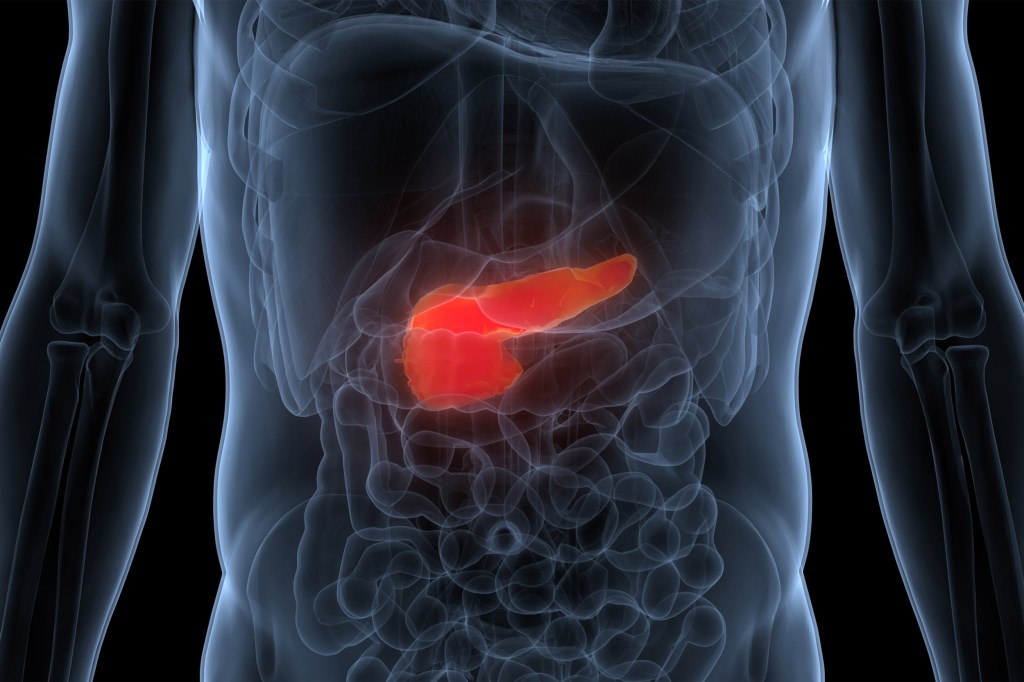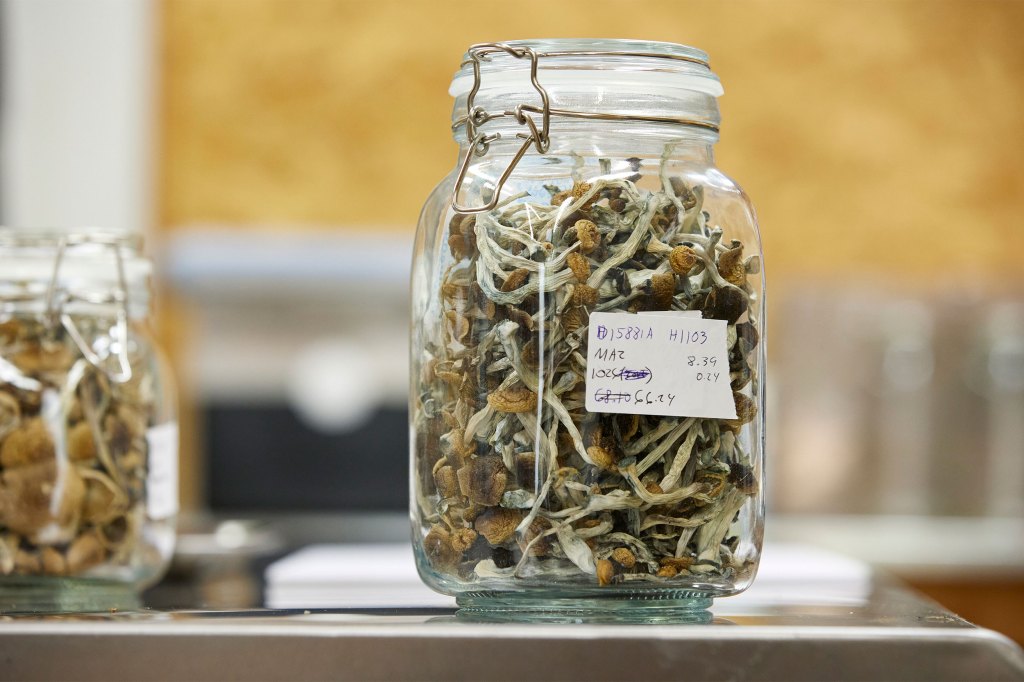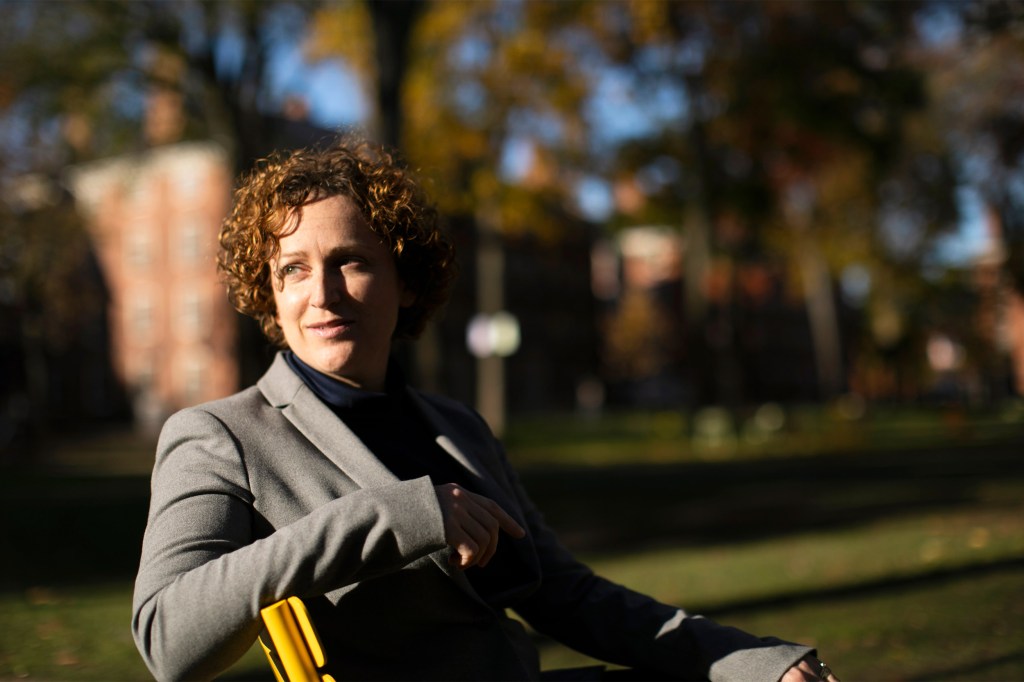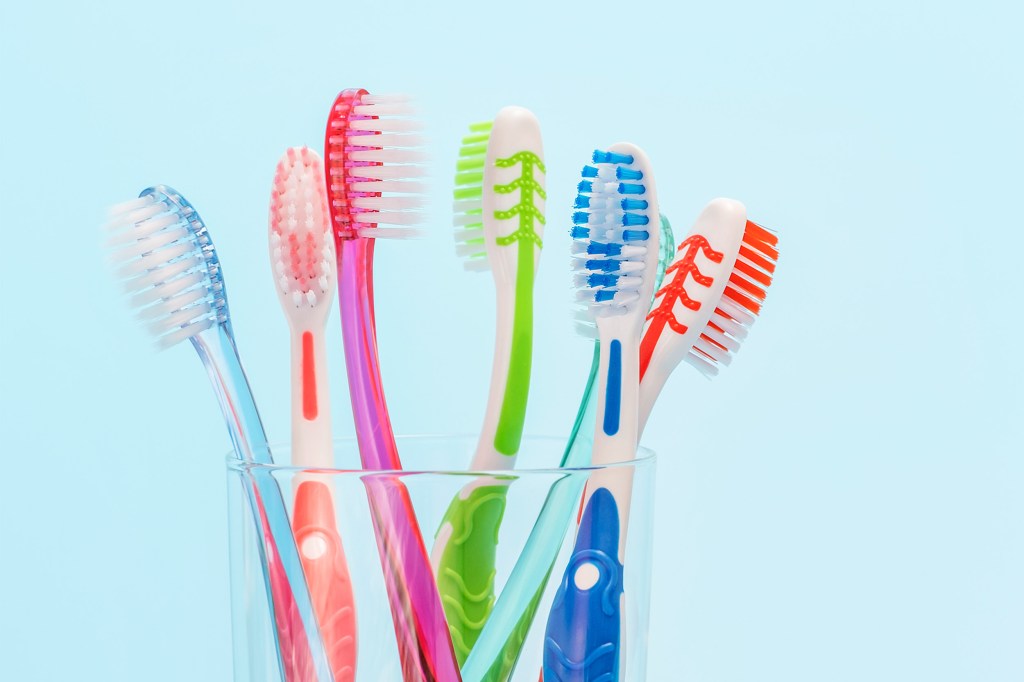Health
-

Corporatization of healthcare gets too much of a bad rap, analyst says
Healthcare analyst says outside investment can boost innovation, growth, care, but profit needs to be aligned with patient outcomes
-

Smart patch reduces cravings for alcohol and drugs
First year of recovery is ‘immensely challenging,’ researchers note. New device could be a difference maker.

-

Reeling in a big scientific discovery
William Kaelin pursued Nobel-winning findings using a fisherman’s instinct
Part of the Profiles of Progress series -

You want chocolate. You need flavanols.
Research strengthens evidence for role of inflammation in disease – especially as we age

-

Crossing line between good and bad anxiety
Psychologist offers 3 strategies to keep worry from interfering with everyday life
-

What science says about Mom’s happiness advice
Data, wisdom meet in social psychologist’s lecture
-
Do high-stress jobs put pregnancy at risk?
Study compared outcomes for expecting doctors, lawyers. One group fared worse.

-
What if the hospital was at your house?
Study finds ‘acute’ care at home effective, improves patient experience — could slow rising healthcare costs

-
Was racism a factor in mother’s leukemia?
Dale Blackstock grew up low-income, became a physician. Her death left daughter Uché, also a doctor, with a lesson on color, class, healthcare

-
Looking to rewind the aging clock
Harvard researchers create model that better measures biological age, distinguishes between harmful and adaptive changes during life

-
Potential new weapon in battle against superbugs
Harvard team’s synthetic molecule highly effective against drug-resistant bacteria

-
What do we do with our loneliness?
‘Harvard Thinking’ looks at health crisis with experts Jeremy Nobel and Milena Batanova

-
A win for science, and patients, against brain injury ‘nihilism’
Hope for progress even after a 450-foot fall, trial shows, defying pessimism that hurts research and families

-
We’re social beings. So are microbes.
When we pick up our neighbors’ bugs, we get the good as well as the bad and the ugly

-
New evidence shows COVID-19 isn’t done with us yet
Study suggests lack of regular care and screenings set stage for worse public health outcomes, wider disparities

-
How to shrink the cancer risk in your diet
Less junk. Forget fasting. Cook, cook, cook.

-
Cancer keeps coming for the young. Why?
Harvard’s Kimmie Ng among gastrointestinal specialists hunting culprit behind global disease wave

-
How ‘Ozempic shaming’ illuminates complexities of treating weight problems
Obesity physician says it’s not simply lack of willpower, details research into destructive effects of stigma around body size

-
More than meets the eye
Mass. General photo contest celebrates art of science Annual awards call attention to the research underlying stunning scientific images.

-
AI model flags high-risk pancreatic cancer patients 18 months before diagnosis
Novel approach caught 3.5 times as many cases than current screening guidelines would have for 40-plus group

-
How much drinking is too much?
‘Harvard Thinking’ explores the health effects of moderate alcohol consumption

-
Resolve to get healthier, lose weight? Setting BMI goal might not be best way
Physicians, researchers point to limits of centuries-old metric, urge more holistic approach

-
Gene-therapy breakthrough allows congenitally deaf children to hear
Harvard scientist co-leads research, which targeted specific condition, may yield other treatments for more of the 30 million kids with genetic hearing loss

-
Why regulators may toss cold water on buzz over psychedelics
Drugs show promise as new treatment option for some psychiatric maladies, but experts see possible state, federal legal clash

-
Drug overdose deaths remain high. Fentanyl test strips may help
Massachusetts, other states make moves to legalize indicators of contamination by potent, deadly synthetic opioid

-
Harvard researchers see genetic link between anorexia, early rising
Eating disorder may also play a role in insomnia

-
Follow the research in 2024
Whether you’ve resolved to cut stress, lose weight, catch up on sleep, or be a better person, Harvard researchers have answers to help you get started

-
High rate of diagnostic error found in ICU
Nationwide study pinpoints testing mistakes as most common cause

-
Looking for the best low-carb diet? Plant-based wins again.
New study links healthy plant proteins, fats with slower long-term weight gain

-
Care riskier for patients at private equity hospitals
Study finds alarming decline in quality, safety measures after buyouts

-
What Rochelle Walensky learned
Sees major progress in science since 1918 Spanish flu outbreak, but says complications of politics have plagued every epidemic since

-
Women more likely to suffer drug side effects, but reason may not be biology
Studies debunk prevailing belief, highlight series of gender-based social factors

-
Why are Americans so sick? Researchers point to middle grocery aisles.
Obesity and disease rising with consumption of ultra-processed foods, say Chan School panelists

-
Saving lives in the ICU: Clean teeth
‘Striking’ study suggests daily use of a toothbrush lowers risk of hospital-acquired pneumonia, intensive-care mortality

-
What happens in the brain while daydreaming?
Observations in mice hint at the role of daydreams in remodeling the brain

-
Gene-editing treatment could replace cholesterol meds
Early stage test shows promise, but cardiologist notes more study needed into longer-term, unintended effects



